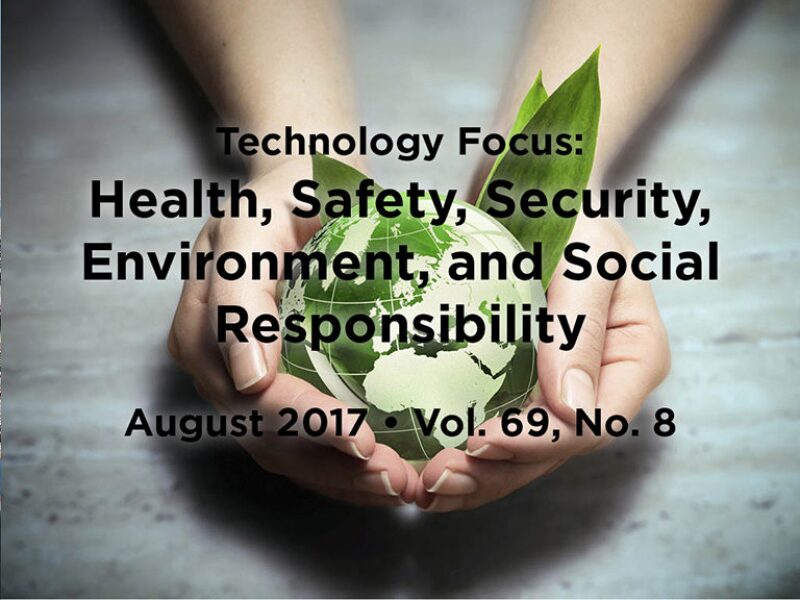A consortium of international and national Iraqi oil and gas companies took operatorship of the Qarmat Ali water-treatment plant, which is critical for oil production, in southern Iraq in 2013. Because of community protests, operations shut down for 6 months as the consortium strived to find the best way to work with the community. This paper explores how the consortium achieved success through engagement and by responding to community expectations for social investment while addressing the social effects of operations.
Introduction
The Rumaila oil field in southern Iraq southwest of Basra is the country’s largest producing oil field, accounting for more than 40% of Iraq’s budget revenues. Since 2009, Iraq’s state-owned South Oil Company has engaged an international consortium of oil and gas companies together with the State Oil Marketing Organization of Iraq through a technical service contract to operate and modernize the oil field.
For the Rumaila oil field to continue producing 1.4 million BOPD, the consortium needs to inject more than 2 million BWPD by 2025. In 2013, the consortium began the refurbishment and expansion of the Qarmat Ali industrial water-treatment plant, a critical facility for injecting industrial water into the Rumaila oil field and thereby maintaining production.
From the start, a historically marginalized adjacent community, accustomed to using force to raise concerns, continued to use force to react to construction work at Qarmat Ali. Construction was interrupted frequently by stand-downs, gunfire, rock throwing, violence, and intimidation.


